The UK government has launched a review into the “loan charge” in a bid to “bring to a close” the row over the tax avoidance crackdown since linked to multiple suicides.
Treasury minister James Murray told the Financial Times that the impetus behind the review, announced on Thursday, was to resolve outstanding tax debts related to avoidance schemes.
But he added that the review, to be led by former HM Revenue & Customs inspector Ray McCann, would also “maintain fairness [to] the public purse” and other taxpayers who had not engaged in tax avoidance.
“Some of the people affected by the loan charge find it hard to imagine a way out of this situation they’re in . . . For me trying to resolve and bring the matter to a close for them is a driving force for this review,” Murray said in an interview ahead of the announcement.
In 2019, the then Conservative government introduced the “loan charge” in an attempt to clamp down on “disguised remuneration” schemes, which involved workers across a range of sectors being paid in loans via offshore trusts and had proliferated in the previous two decades.
HMRC has previously said about 50,000 people were estimated to be affected by the loan charge and that users’ income was “on average twice as much as the average UK taxpayer”.
The loan charge originally required people affected to pay tax on up to 20 years of income in one financial year, sparking a public outcry and accusations that the government was issuing unreasonable demands.
The previous Tory administration later softened the policy, halving the 20-year timeframe and making it easier to spread repayments.
But six years on from the policy’s launch, tens of thousands of people have yet to settle their affairs with HMRC. The tax authority has reported that the policy has been linked to at least 10 suicides and 13 attempted suicides.
Labour committed to a new independent review of the loan charge before the general election last year. A previous report by Lord Amyas Morse in 2019 was criticised by MPs and campaigners for involving Treasury and HMRC officials.
Murray said the government had “gone to some lengths” to ensure public confidence in the review, which will run until the summer and be staffed by civil servants who have no connection with or experience working on loan charge policy. They will work in a building separate to the Treasury.
McCann, a former president of the Chartered Institute of Taxation, said he was “pleased to be asked to help find ways” to resolve the dispute.
McCann previously criticised how HMRC has sought to engage with loan charge campaigners, noting that “all the people [within the agency] who are working on loan schemes could be working on customer service”.
In a statement the government said the review would probe “the barriers preventing those subject to the loan charge from reaching resolution with HMRC and recommend ways in which they can be encouraged to do so”.
Campaigners who have demanded a wide-ranging probe — looking at the role of scheme developers, umbrella companies, recruitment agencies, accountants and tax advisers who recommended the schemes, as well as HMRC — hit at out the announcement.
Steve Packham, of the Loan Charge Action Group, said the proposed review was “a betrayal” and would “not resolve the matter”.
“We are deeply worried about the impact on mental health that the announcement of this sham non-review will have,” he added.
Murray said his meetings with loan charge campaigners last year had alerted him to the policy’s impact and that the government wanted the McCann review, to which it will respond by the autumn Budget, to “provide a way for taxpayers affected to come to a settlement”.
Despite some asking “for a review with a different scope”, Murray added that his priority was “to help those people who feel stuck”.





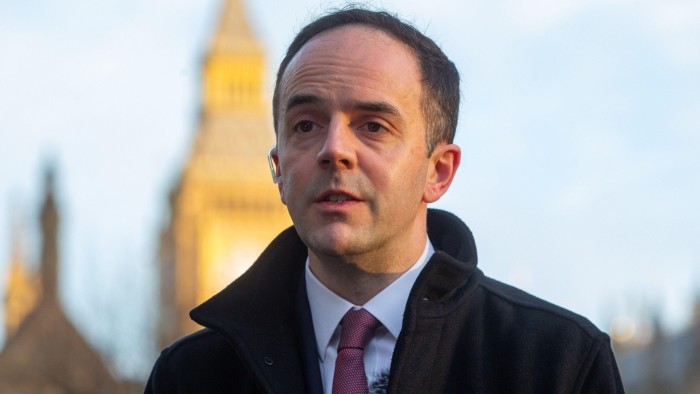
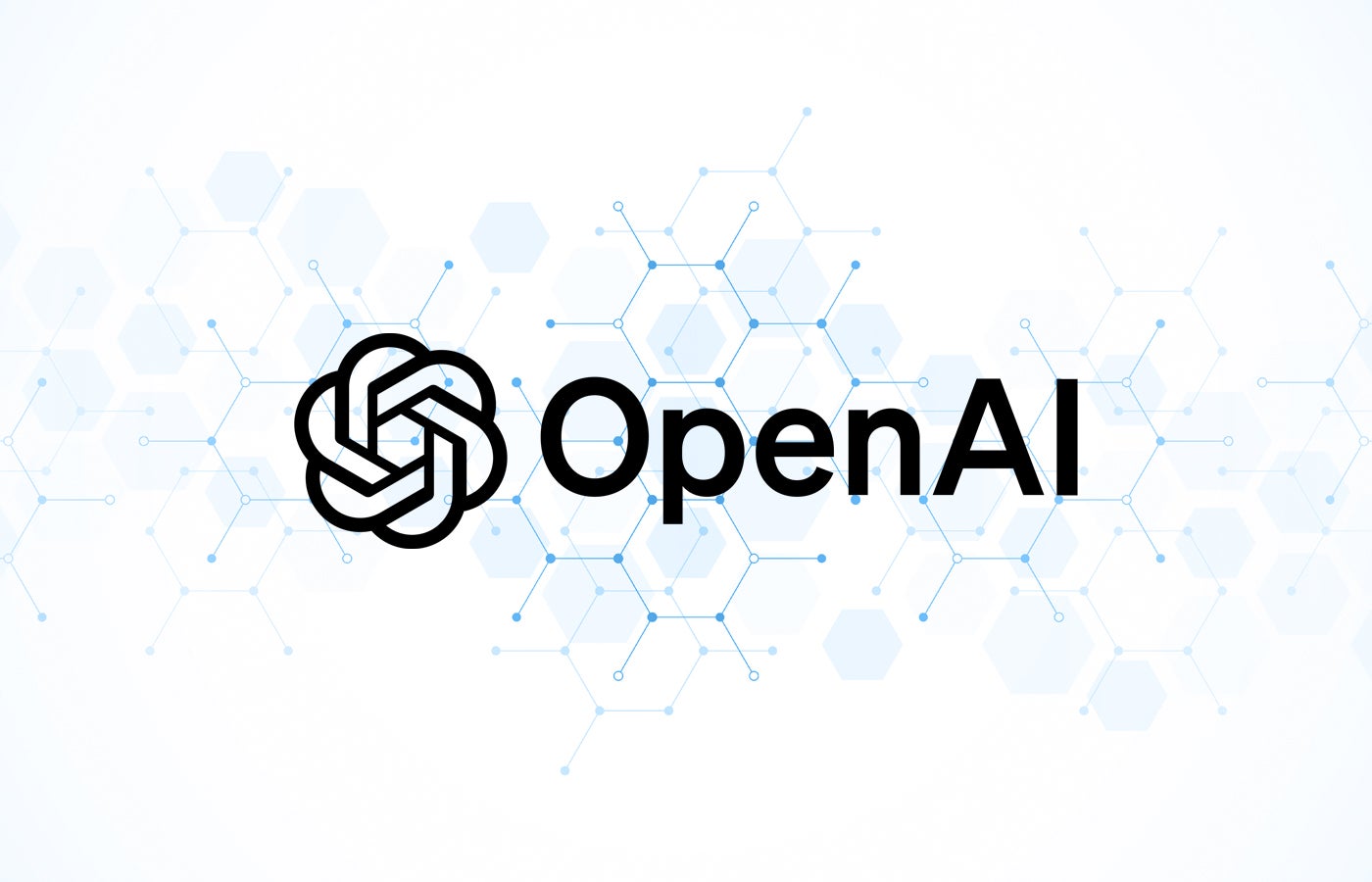











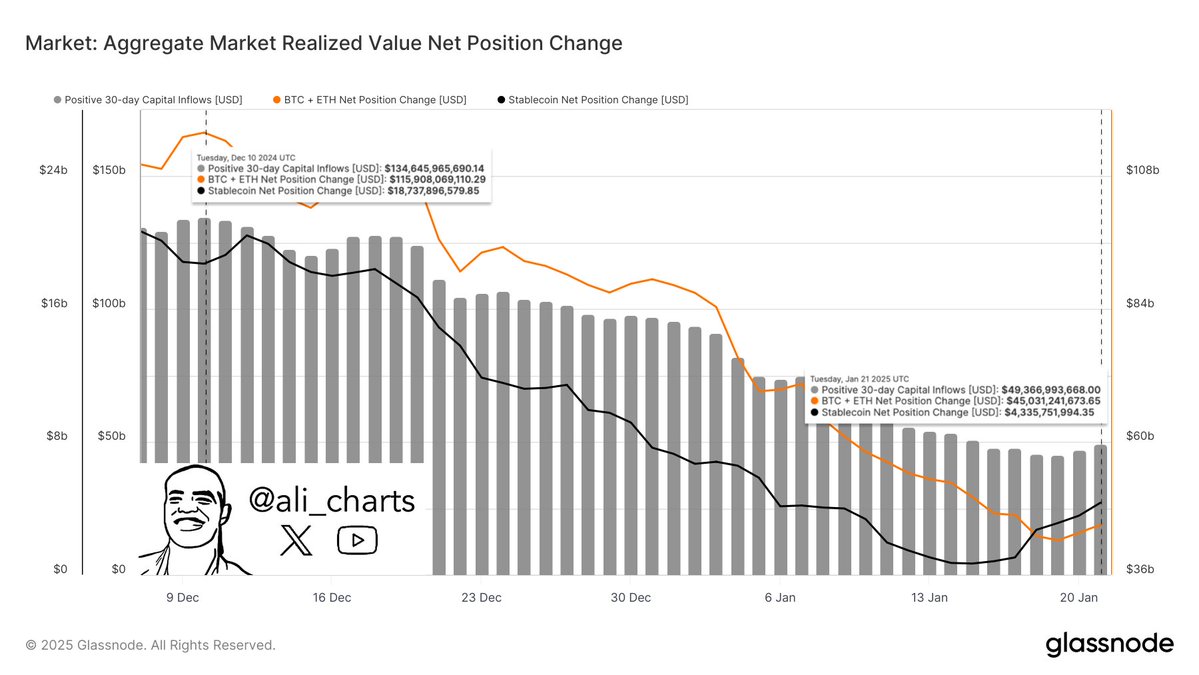
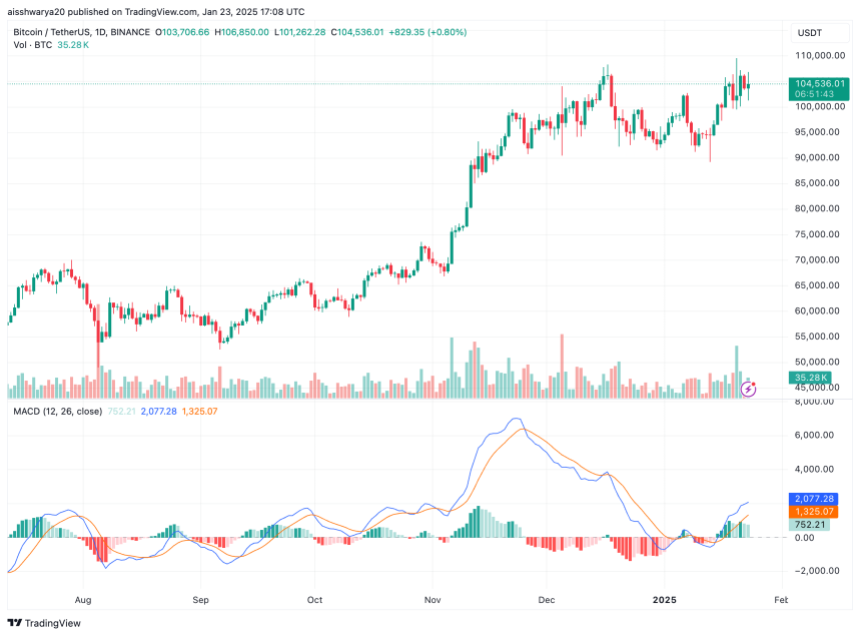


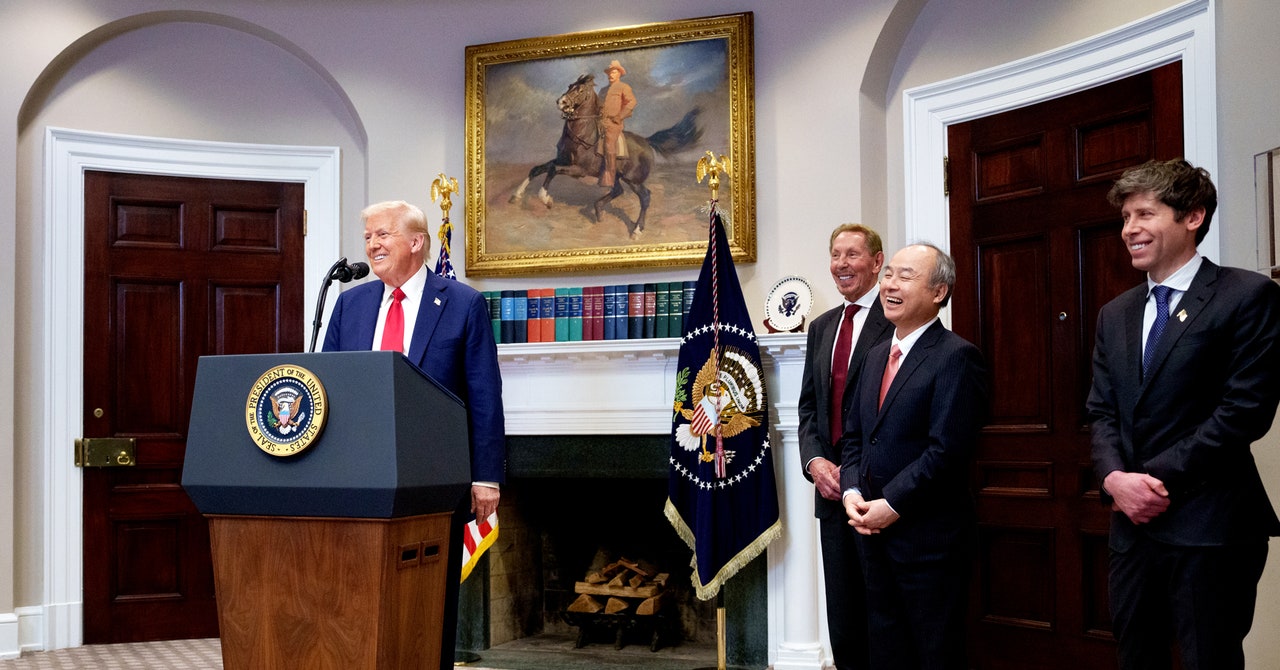












You must be logged in to post a comment Login